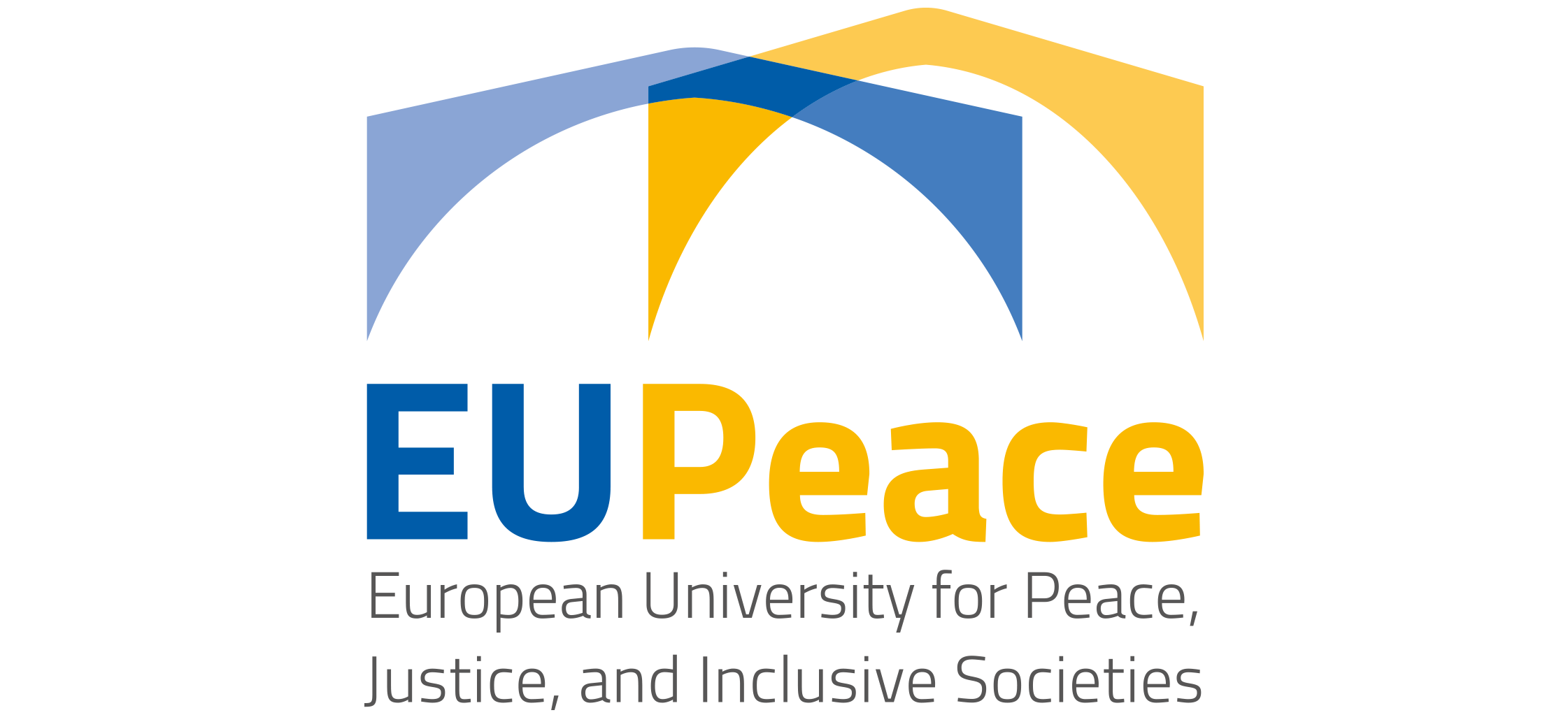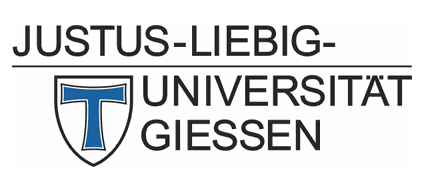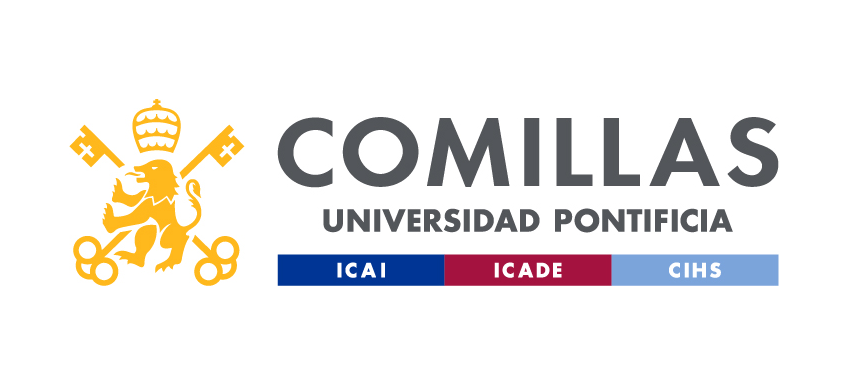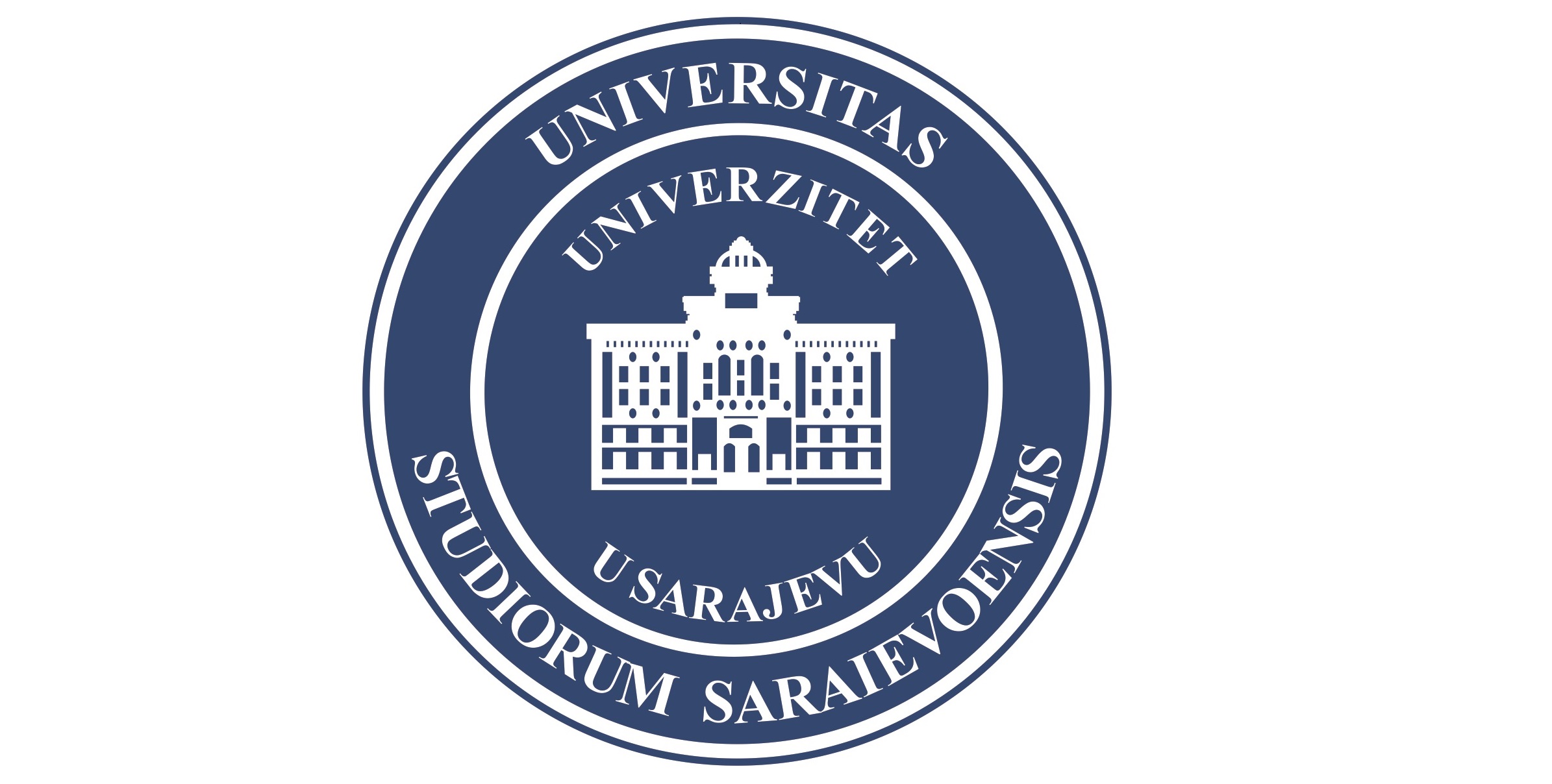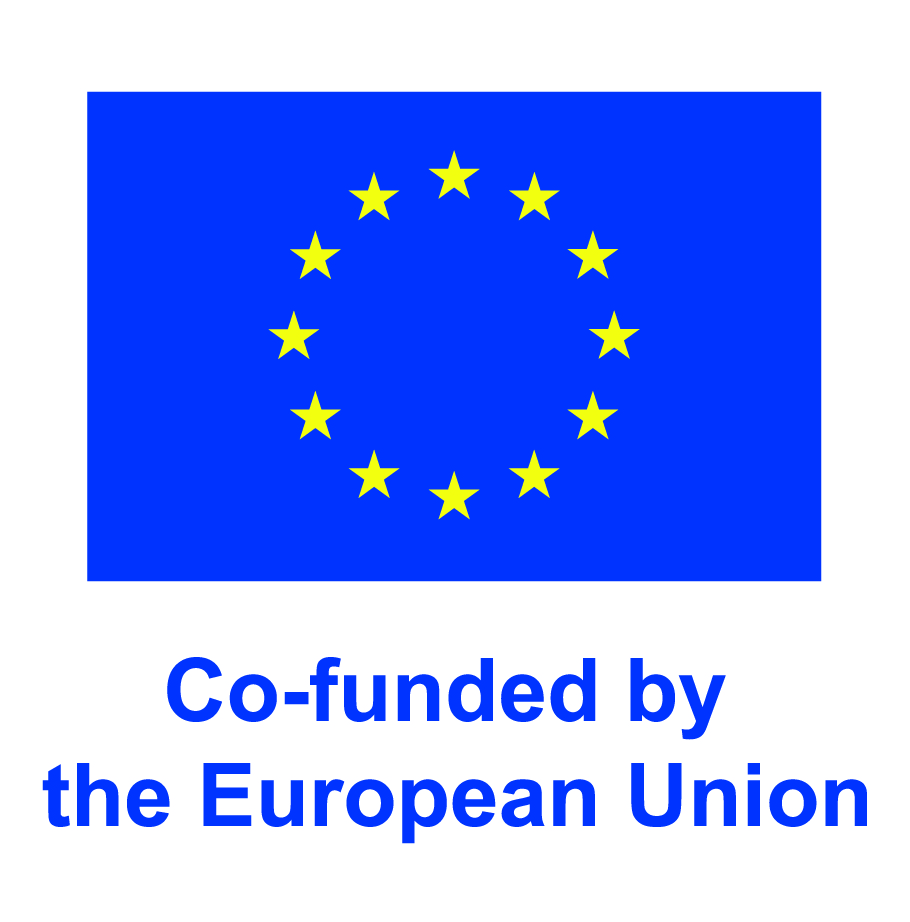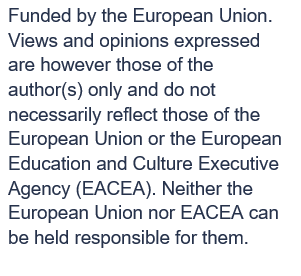28.02.2025 Key insights from the EUPeace Research Seminar: Climate Change, Emerging Conflicts, and Population Movements

On 18 February 2025, the EUPeace Research Hub Climate Science and Just Transition hosted an insightful seminar examining the complex interactions between climate change, social conflicts, and migration patterns. With an engaged audience of 30 participants including a number of doctoral candidates connected online, the event facilitated dynamic exchanges between researchers and attendees, fostering interdisciplinary perspectives on climate impacts, resilience, and policy challenges.
The key discussions included:
- Extreme weather events and innovation propensity: Mariarosaria Agostino (University of Calabria) analysed how climate shocks influence firms' adoption of green energy practices, emphasising the role of governance in fostering sustainable responses.
- Local Resilience Strategies: Ernst Halbmayer (Marburg University) examined local climate initiatives in Southern Africa and Northern South America, highlighting adaptive responses to climate threats among marginalised communities.
- Climate Change and Migration: Alfonso Senatore (University of Calabria) presented evidence on climate-driven population movements, drawing from IPCC reports and case studies on drought-induced displacement.
- Climate Justice and Migration Law: Gilda Catalano (University of Calabria) explored the geopolitical implications of climate migration and the need for new legal frameworks to address the challenges of climate justice.
The seminar featured a vibrant Q&A session, where participants posed thought-provoking questions that deepened the discussions, with reflections on how resource scarcity and forced migration might reshape geopolitical landscapes. Participants also explored how global climate policies could benefit from locally developed solutions, emphasising the need for adaptation strategies tailored to specific contexts. Additionally, there was a strong interest in fostering collaborative research, underscoring the importance of interdisciplinary approaches to better understand the complex relationship between climate change, migration, and conflicts.
The speakers provided comprehensive answers, emphasising:
- The critical need for inclusive international policies to prevent conflicts related to climate-induced displacement.
- The importance of supporting low-emission communities whose sustainable practices are under threat from global economic pressures.
- The geopolitical challenges of climate justice, with a call for more cohesive global governance and legal frameworks to address environmental migration.
- The potential for academic collaboration and policy guidance to inspire proactive solutions and climate resilience.
The seminar underscored the urgent need for inclusive policies, climate-responsive governance, and further interdisciplinary research to address the escalating challenges posed by climate change.
